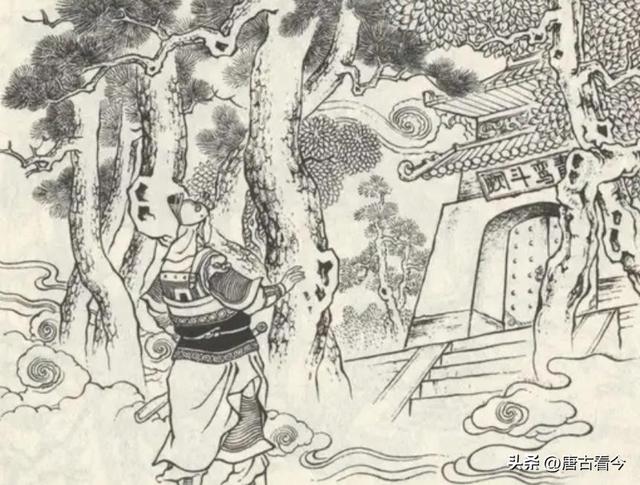明治时期(5)The Meeji Period(5)明治時代(じだい)(5),我来为大家科普一下关于关于日本历史的详细介绍英文?以下内容希望对你有帮助!

关于日本历史的详细介绍英文
明治时期(5)The Meeji Period(5)明治時代(じだい)(5)
1905年,日本将韩国(朝鲜)收为隶属国。在韩国设立了称作“统监府”的行政机关,伊藤博文任首位长官。日本剥夺了韩国的外交权,并解散了军队和警察。In 1905, Japan made Kankoku (Choosen, Korea) a protected state. Japan set a governmental office called Tookan-fu (the Residency General), and Itoo Hirobumi became the first head. Japan robbed Korea of diplomatic power and broke up its military and police.1905年、日本は韓国(朝鮮)を保護国にしました。統監府という役所を置き、伊藤博文が最初の長官になりました。日本は韓国の外交権を奪い、軍隊と警察を解散させました。
韩国国内爆发了激烈的对日本的抵抗运动。1909年,韩国青年安重根暗杀了伊藤博文。Korean people raised a strong resistance against Japan. A young Korean man (An Jung-geun) assassinated Itoo Hirobumi in 1909.韓国では、日本に対する激しい抵抗運動が起こりました。1909年に、韓国人の青年(安重根)が伊藤博文を暗殺しました。
1910年,日本在当时的汉城(现首尔)建立了总督府,将韩国彻底地化为了殖民地(即韩国合并)。日本还强迫韩国人改成日本人姓名,在学校推行用日语进行的日本国民教育。In 1910, Japan founded Choosen-sootoku-fu (the Government General of Korea) in Seoul and made Korea complete colony [Kankoku Heegoo (the annexation of Korea)]. Japan forced Korean people to use Japanese-style names and trained them to become Japanese by using Japanese language in schools.1910年、日本はソウルに朝鮮総督府を設置して、韓国を完全に日本の殖民地にしました[韓国併合]。日本は韓国の人々に日本名を強制し、学校では日本語で日本国民としての教育を行いました。
因为日本剥夺了韩国人的土地,所以很多韩国人被迫移居到了日本和中国。来到日本的韩国民众受到了很严重的歧视。Because Japan robbed many Korean’s of their lands, a lot of Korean people moved to Japan or China. Korean inhabitants in Japan suffered from severe discrimination.日本が韓国の土地を奪ったので、多くの韓国の人々が日本や中国に移住しました。日本に来た韓国の人々は、厳しい差別を受けました。
在中国,甲午战争后国内也发生了试图推翻清王朝建立现代化国家的运动。这一运动的中心人物孙中山曾多次逃往日本,得到了很多日本人的支持和帮助。In China, a movement which tried to destroy the Shin (Qing) dynasty and establish a modern country began to rise after Nisshin Sensoo (the Sino- Japanese War). Son Bun (Sun Wen), the leader of this movement, some times took refuge in Japan, and many Japanese supported Sun Wen.中国では、日清戦争の後、清王朝を倒して近代国家をつくろうという運動が起こりました。運動の中心人物である孫文は、何度も日本に亡命し、多くの日本人が孫文を支援しました。
革命运动在中国不断扩大,1911年清朝终于走向灭亡。次年中华民国成立(即辛亥革命)。孙中山成为临时大总统,开始了议会政治体制。The revolutionary movement spread all over China and Qing was destroyed in 1911. In the next year, the Republic of China was established [Shin-gai Kakumee (the Republican Revolution in China)]. Sun Wen became a temporary President and began parliamentary politics.中国全土に革命運動が広がり、1911年に清は滅びました。次の年には、中華民国が建国されました[辛亥革命]。孫文が臨時大総統となり、議会による政治を始めました。
孙中山之后由袁世凯接替了中华民国大总统。而袁世凯无视议会,推行了一套专制统治。因此,作为孙中山的理想的民主国家没能得到实现。En See Gai (Yuan Shikai ) became the President of the Republic of China as a successor of Sun Wen. But Yuan Shikai ignored the parliament and imposed the dictatorship. So the democratic country which was the ideal of Sun Wen was not continued.孫文の後に、袁世凱が中華民国の大総統になりました。袁世凱は議会を無視して、独裁政治を行いました。そのため孫文が理想とした民主的な国づくりは進みませんでした。《朴次茅斯和约》签署后,日本在满*开办了铁路公司。开采煤矿和铁矿,开办炼铁厂。同时在铁路沿线进行城市开发建设。After making Pootsumasu Jooyaku (the Treaty of Portsmouth), Japan made a railway company in Manshuu (Manchuria). Japan dug for coal and ironstone and built an iron mill there. Japan also developed construction of cities along the new railway route.ポーツマス条約の後、日本は満*に鉄道の会社をつくりました。そして石炭や鉄鉱石を掘り、製鉄所をつくりました。また、鉄道沿いに都市の建設も進めました。
,




